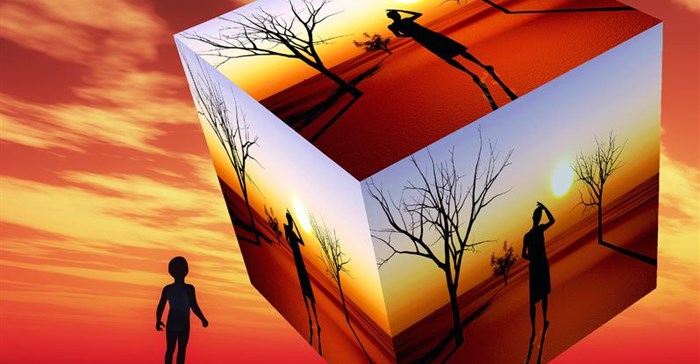African leaders in Morocco to unify stance on global warming

"Africa is paying a heavy price over the climate issue and is without doubt the continent worst affected," Morocco's King Mohammed VI told the summit attended by 20 African leaders. "These disruptions... greatly hamper Africa's development and gravely threaten the basic rights of tens of millions of Africans," he said.
He said the continent needed to "speak in a single voice, demand climate justice".
France's President Francois Hollande and UN chief Ban Ki-moon also attended the summit which took place alongside the COP22 climate change conference in Marrakesh.
Ban said Africa was at the forefront of the fight against climate change, and that 36 of the 50 countries most affected by global warming were African.
Senegal's President Macky Sall said African countries would wait until 2020 for promised aid from developed countries to fight global warming. An agreement after last year's climate talks in Paris provides for a green fund of $100 billion (90 billion euros) per year from 2020 to help poorer nations make the shift to clean energy.
Hollande said Wednesday's summit would "lay the foundations" for the plan to help Africa from 2020. "France has made its commitments and will keep them, I will see to it," he said.
African leaders have called for more funding from developed nations to cut fossil fuel emissions and take contingency measures. "Developed countries must shoulder their historical responsibility for emissions," Djibouti's President Ismail Omar Guelleh said on Tuesday.
The UN, too, has called for more money, especially for "adaptation" -- shoring up defences against the effects of global warming.
This could mean building dykes or elevating homes as protection against rising seas, improving weather warning systems and growing climate change-resistant crops.
President Omar al-Bashir, who is wanted by the International Criminal Court on charges of war crimes and genocide during the 13-year-old conflict in Darfur, also attended. He has always denied the charges.
The summit comes amid growing opposition to the ICC among African leaders, who accuse the court of prosecuting alleged crimes in Africa while ignoring those elsewhere in the world.
Burundi, South Africa and the Gambia have all pulled out of the court's founding treaty, the Rome statute, in recent weeks. Kenya, Namibia and Uganda have indicated they may follow suit.
On Wednesday, Russia dealt the ICC a new blow by saying it would formally withdraw its signature from the Rome statute.
Hosting the summit is a diplomatic coup for Morocco as it seeks to reassert its influence in Africa. In July, the kingdom announced it wanted to rejoin the African Union after a three-decade hiatus, and in September it lodged a formal application.
The king has since toured East Africa in a bid to woo support. After the Marrakesh talks he is due to visit Addis Ababa, where the AU is based.
Morocco pulled out of what was then called the Organisation of African Unity in 1984 in protest at the admission of the Sahrawi Arab Democratic Republic declared by the pro-independence Polisario Front in the Western Sahara.
The move came at the height of the armed conflict between the Polisario and Morocco over the former Spanish colony.
A UN-supervised ceasefire has been in effect since 1991 but a quarter of a century of efforts for a lasting peace have yielded few results. Morocco controls all the territory's main towns, with the Polisario confined to a narrow strip in the desert interior. Tens of thousands of Sahrawi refugees still live in camps in neighbouring Algeria.Algeria has long backed the Polisario and Morocco's bid for AU membership has set off what is likely to be dogged diplomatic battle for influence between the North African rivals.
Source: AFP.
Source: I-Net Bridge

For more than two decades, I-Net Bridge has been one of South Africa’s preferred electronic providers of innovative solutions, data of the highest calibre, reliable platforms and excellent supporting systems. Our products include workstations, web applications and data feeds packaged with in-depth news and powerful analytical tools empowering clients to make meaningful decisions.
We pride ourselves on our wide variety of in-house skills, encompassing multiple platforms and applications. These skills enable us to not only function as a first class facility, but also design, implement and support all our client needs at a level that confirms I-Net Bridge a leader in its field.
Go to: http://www.inet.co.za








